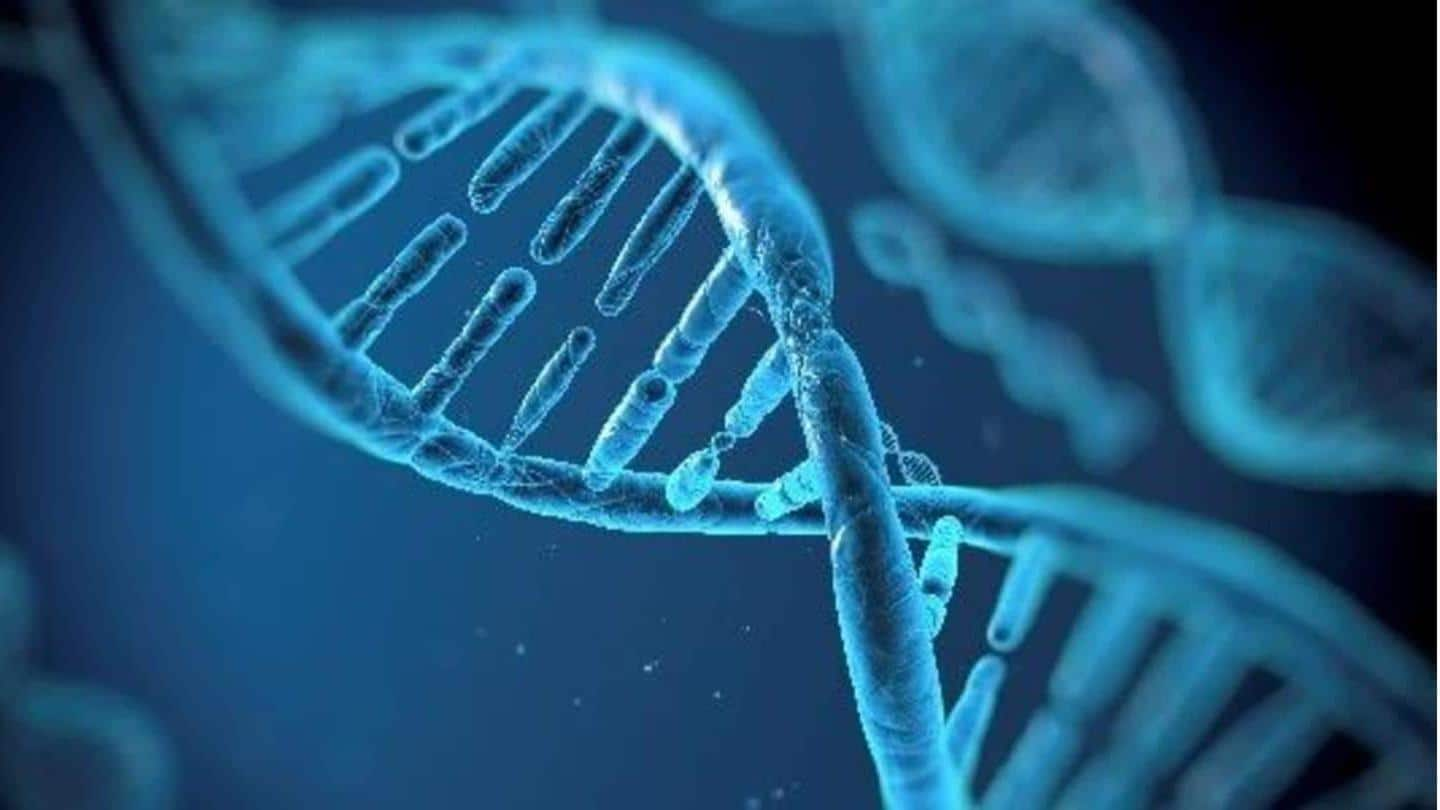
Scientists believe 'dark matter' might revolutionize cancer treatment
What's the story
Epigenetics, the study of how gene expression changes, may alter the way cancer is detected and treated, a couple of new research studies have suggested.
Sometimes referred to as 'dark matter,' epigenetics is believed to play a crucial role in the development and progression of cancer. The research studies have been published in Nature journal.
This might provide a major breakthrough in cancer treatment.
Context
Why does this story matter?
Cancer claims several million lives every year on a global scale. Scientific research on cancer has always aimed at working out an effective treatment.
The results emerging from the latest studies have enhanced our understanding of cancer. However, this is only the primitive stage and further investigations have to be carried out to elaborate the relatedness between epigenetic changes and cancer.
Definition
What is epigenetics?
Epigenetics is the "study of changes in organisms caused by modification of gene expression rather than alteration of the genetic code itself," as per the Oxford dictionary. Epigenetic processes are natural and are essential for several functions in organisms.
First study
Epigenetic changes fueled the growth of cancerous cells
Researchers analyzed about 1,370 samples from 30 bowel cancers in order to track the evolution of epigenetic changes.
They discovered that these changes were abundant in cancer cells and around tumor-related genes. These changes were heritable, meaning they were passed down to successive generations.
Further, these alterations conferred certain advantages to the cancerous cells which fueled their growth compared to normal cells.
Second paper
Samples were collected from different parts of the same tumor
The second research work focused on understanding why certain types of cells within the same tumor had survival advantages such as resistance to treatments.
Scientists investigated the cause governing the changes in tumor cells - whether they were genetic or influenced by other components.
It was discovered that the heterogeneity in tumor cells was frequently driven by factors other than changes in DNA sequence.
Information
What can we conclude from the studies?
The results provide a major leap in our understanding of cancer biology. DNA mutations are elemental for the development of cancer. However, the ensuing behaviour of cancer cells are affected by other elements, such as epigenetics. Nevertheless, further research is required to provide more clarity.
Official words
We may eventually treat cancer with epigenetic-directed drugs
"This important work demonstrates the potential role of epigenetic regulation in the development of cancer and the complexity of its behaviour," said Kristian Helin, a world leader in the field of epigentics and President of The Institute of Cancer Research, London.
"It opens exciting future opportunities to assess cancer using both genetic and epigenetic tests, and eventually to treat cancer with epigenetic-directed drugs."